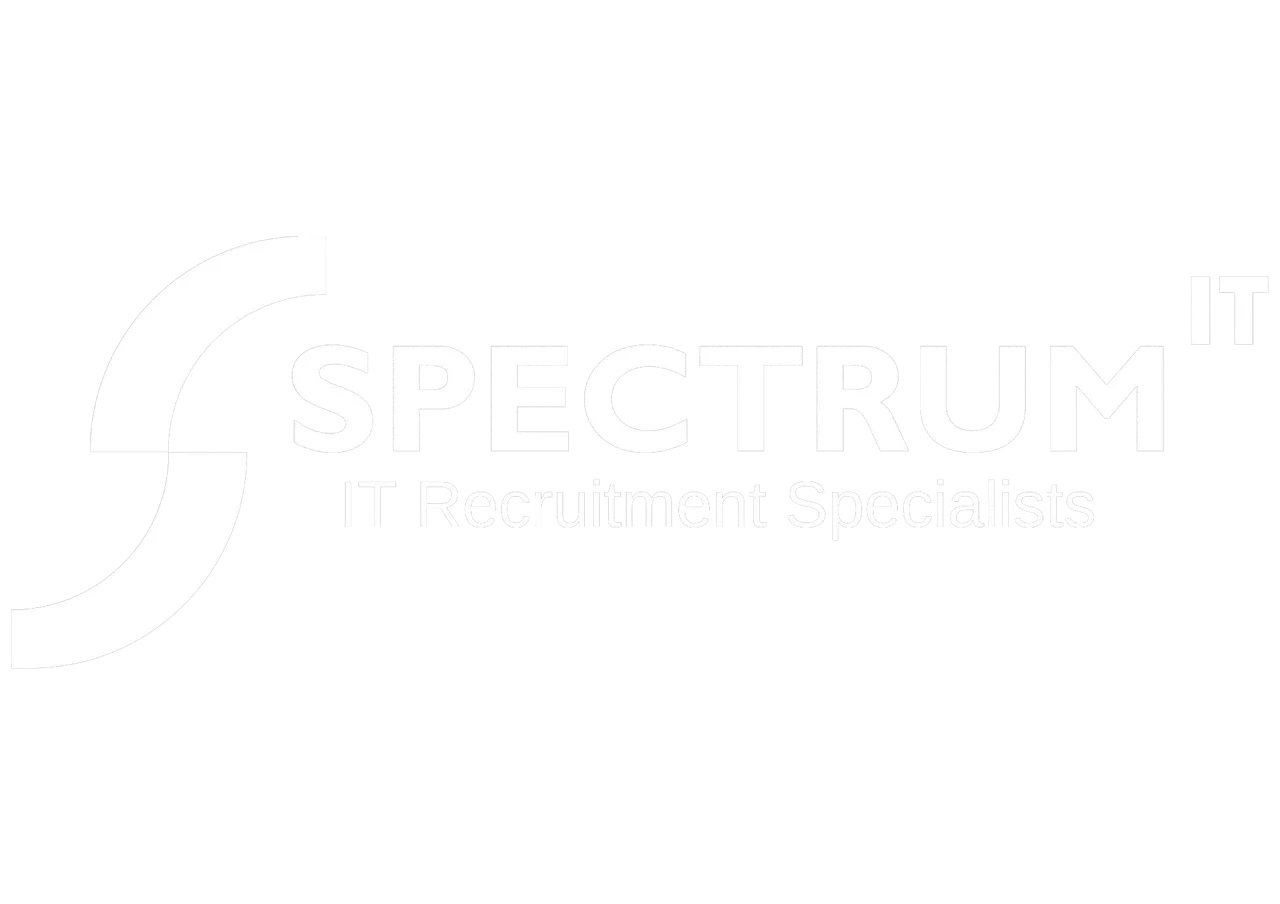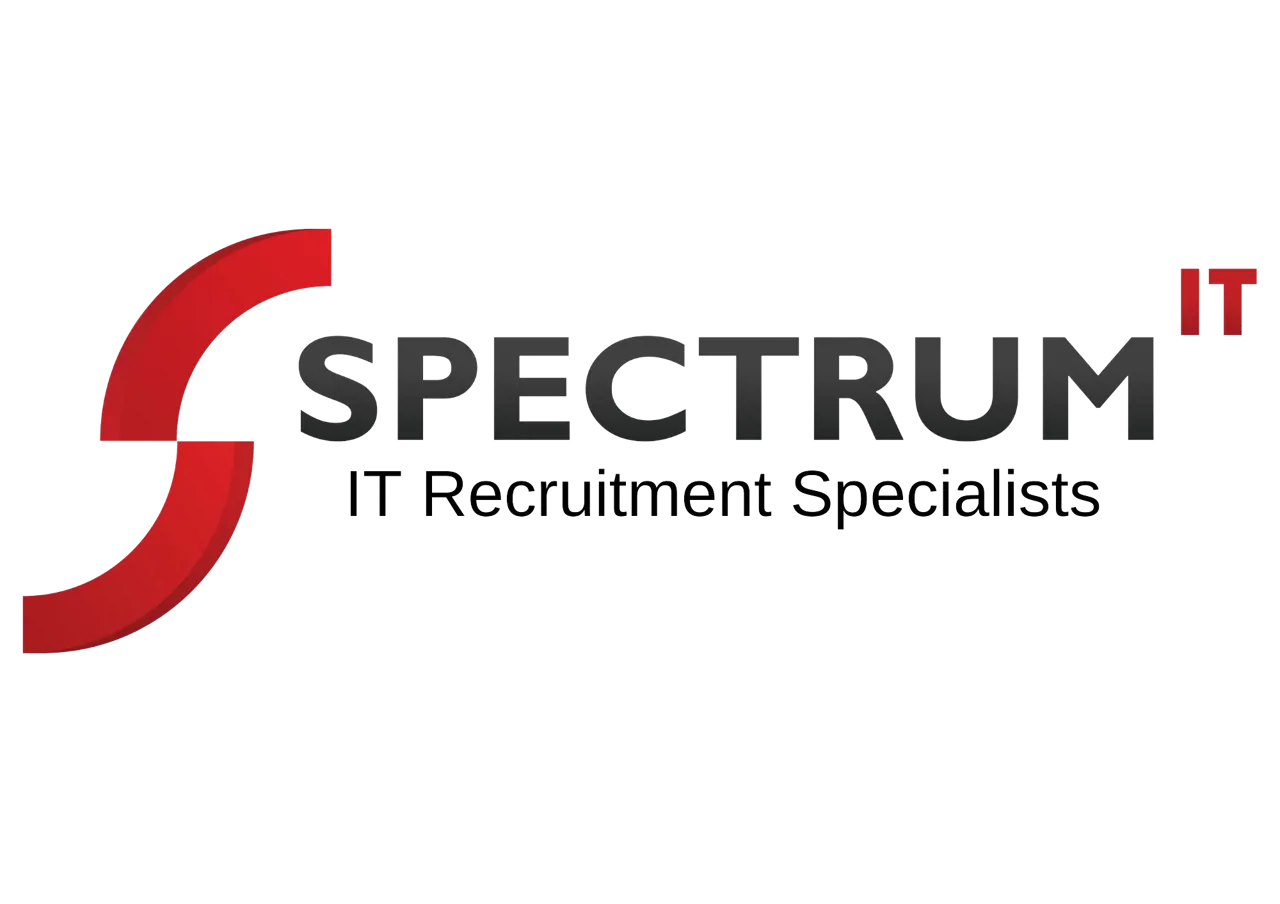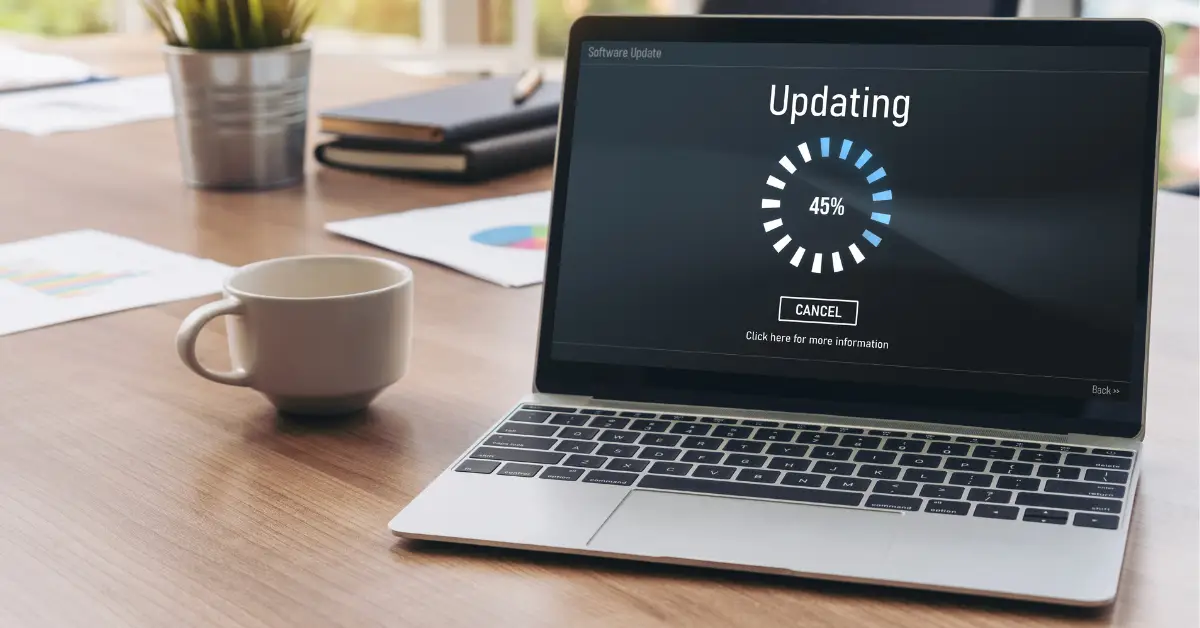
Interview Success: Recruiter Tips to Make You Stand Out
06 Aug, 202512 minutes
You’ve made it through the first step on the application process and now it’s time for the interview. This is your chance to shine and show the recruiter why you’re the right person for the role. No matter how experienced you are, or how many interviews you’ve attended, it can still be a nerve-wracking prospect, but good preparation is key.
Here’s our advice for preparing for and performing at your next interview.
Be Logistically Ready
Interviews come in many different formats. Phone and video interviews are increasingly common, especially for first interviews, with in-person interviews more common further on in the hiring process. There are also likely to be technical tests at some point, either on-site or remotely. Sorting your logistics as early as possible gives you more time to focus on the interview itself.
Make sure you know the format of the interview you’re attending and the logistics of it. Don’t leave it to the last minute to figure out what video call service you’re meeting on, for example, and make sure you run any software updates well in advance. If you’re having a video interview, think about your environment that will be shown on-screen, and ensure you have a suitable setup. Think about things like external noise or problematic lighting conditions before your call.
If you’re going to an in-person interview, check your travel arrangements. Public transport can be unreliable, so build in extra time for commuting. If you’re driving, consider where you’re parking and how long it will take to get to the location from there.
Recruiter Tip: If you’re doing a phone or video interview, practise with someone you trust in advance. Many of us speak faster on the phone than we do in person, so a test run can ensure you’re speaking clearly and can be understood.
After you’ve been asked to interview for a company, it’s time to get some research done. Make sure you know who you’re interviewing for (especially if you’ve sent out a lot of applications) and who you’re being interviewed by. You’ll be expected to know a little about the company in question on the day.
Start with the company website, as this will give insight into the company’s operations and ethos. Read up on a couple of their latest or most notable projects – this might be in the Media or Press section on the company website, or on trade news websites. A simple Google search can point you in the right direction. Knowing these developments can prove a genuine interest and enthusiasm for working at the company.
You should also check out the company’s social media. LinkedIn is again a good source of business news, but other social media channels, like Instagram or Facebook if they have them, can offer more of a peek behind the scenes and highlight the workplace culture.
Recruiter Tip: Think about why you would be a good fit in the company you’re interviewing for and what you could bring to their operations and culture.
Practice Your Answers
You can’t know exactly what you’re likely to be asked in an interview, but there are common questions you can prepare for. Take some time before your interview to work through these kinds of questions and practise your answers – when they crop up on the day, you’ll feel less nervous as you know what you want to say. Consider what keywords, skills and attributes are relevant to the role and build these into your answers naturally to highlight your suitability.
You should also think about some case studies and real-life scenarios that evidence your skillset. It can be difficult to come up with examples on the day, so thinking about them in advance can take the pressure off. If you’re not sure, ask colleagues or peers if they can identify any situations where your skills have proved valuable. You can also use AI-generated interview practise tools, for example Google’s Interview Warmup, or create a prompt in ChatGPT to simulate an interview situation, to help you perfect your answers.
Remember, however, you also want your personality to shine through. It’s good to be prepared, but you can adapt your answers on the day to suit the interview style and the hiring team.
Recruiter Tip: Ask someone you trust to run a mock interview with you using a set of common questions so you can practise your answers verbally.
Showcase Your Skills
Technical interviews and tests are designed to show you can do the job in question. They’re a chance to back up what you’ve already said you can do on your CV. Ask the hiring team what format the technical portion of the process will take – sometimes it’s a practical problem-solving assignment, or you may be asked about specific scenarios. Also find out where and when you’ll be undertaking any technical tests.
Before the technical element, think about what skills you’re likely to need. If they’re skills you haven’t used in a while, use this time to get some practise and brush up on your knowledge. Always go over the fundamentals, as well as any weaker areas, to boost your confidence.
When it comes to answering technical questions or doing the tests, show off your skills and creativity, as well as your personality. It’s okay to be honest as well; if you don’t know something, you can say that and then explain how you would approach the problem to the best of your ability.
Recruiter Tip: Be honest on your cover letter and CV about your skills – it’s very likely you’ll be tested on your technical ability to meet the requirements of the role.
Stay Calm, Be Clear
Interviews can be intense, even for the most experienced. If you’ve done your research, planned your logistics and prepared some key answers, you’ve done everything you can.
When you’re in the interview, listen to each question carefully and take a brief pause before you answer to ensure you’ve understood what you’re being asked and to collect your thoughts. Try and be concise with your answers; be honest about your skills and try to relate your answers to examples from your career. If you don’t hear a question properly or are not sure what you’re being asked, ask for clarity so you can give your best answer.
Hiring managers know that nerves are likely in interviews; they want to get to know you and what you can do, as well as see how you would fit into the existing team structure and company culture. Be yourself, take a deep breath and trust in your preparation and experience.
Recruiter Tip: Remember, the interview is just as much for you to learn about the company as it is for them to learn about you. Ask meaningful questions to ensure the role is the right fit.

Ready to polish your interview skills and stand out from the crowd?
We’re here to help you at every stage of the recruitment process, from CV writing to interview preparation and beyond. Find out more about how we work with candidates and check out our blog for more practical advice and resources.
Get in touch with our team today






